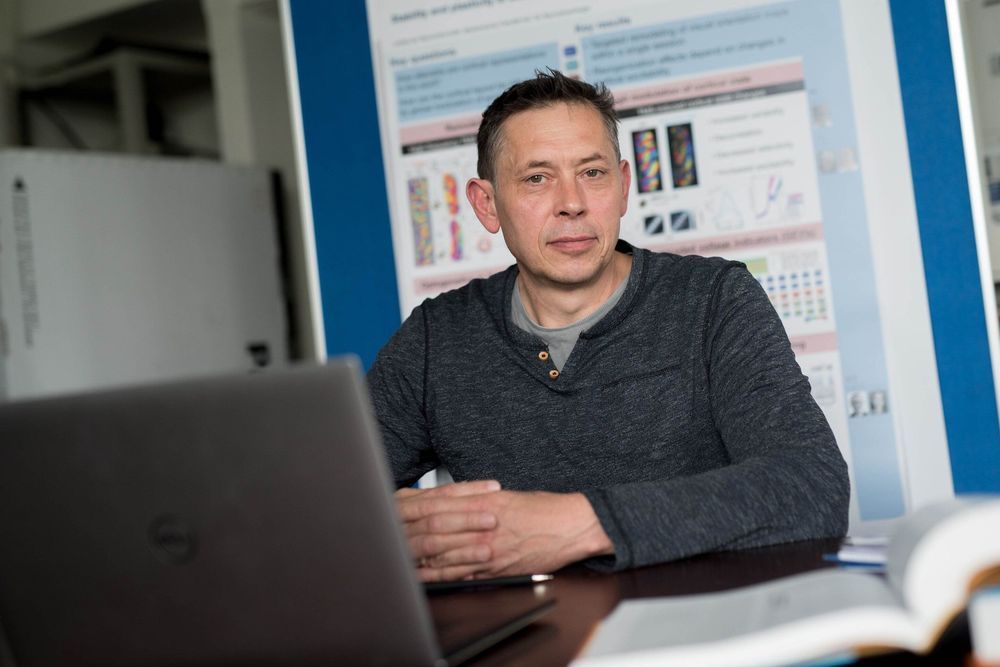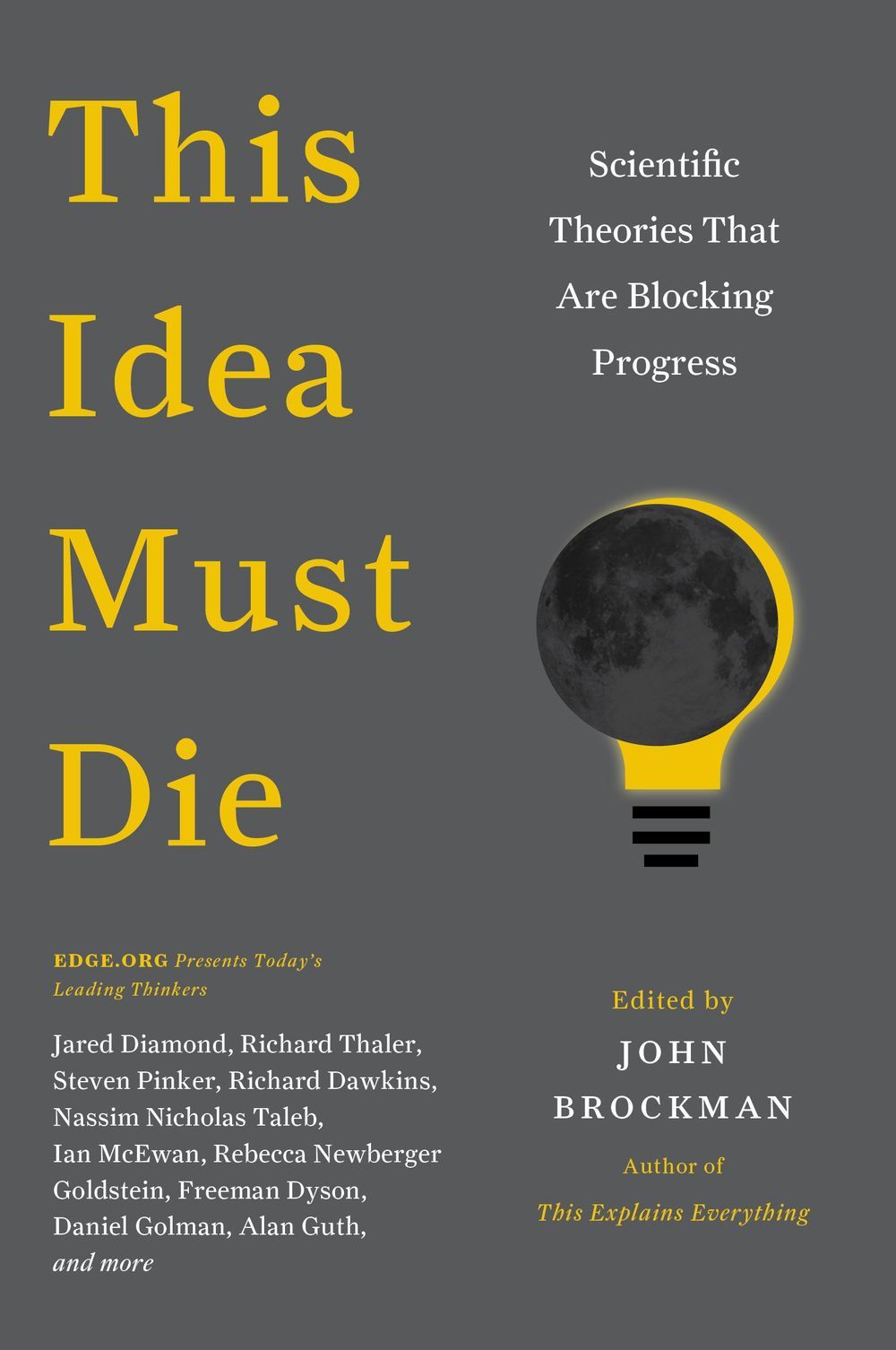Science yearns to discover a means to control or stop volcanic eruptions before they begin. To date there have been no successful efforts to start, stop or reduce a volcanic eruption; however, the ideas exists and discussion is underway. By accurately forecasting or minimizing a volcanic eruption, scientists and decision makers can reduce the risk and damage to human health and property through preparation and evacuation. Unfortunately, eruption forecasting is not totally accurate or reliable. However, if we are able to initiate a volcanic eruption we could schedule the event and prepare, properly evacuate and effectively eliminate risk to human well being. Think of it as a geologic Caesarean . Other techniques to control an eruption could include depressurization of the magma chamber or increasing the aperture of the vent to diffuse the energy of an eruption.







